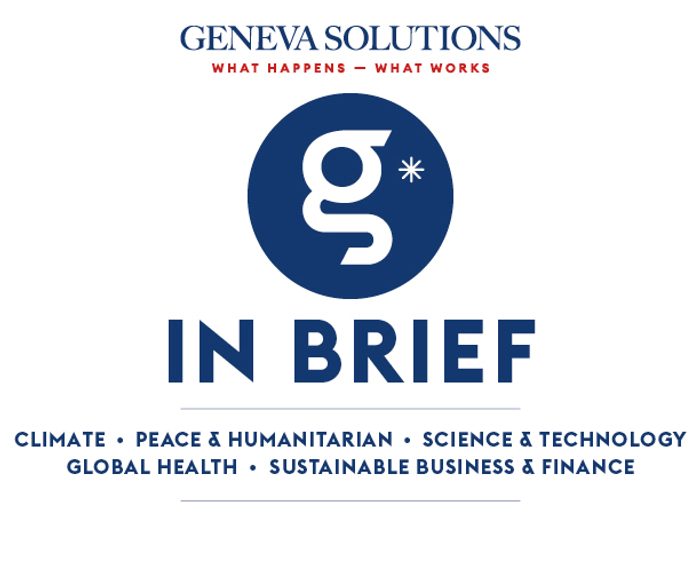Good morning, this is Pip. As the Human Rights Council enters its second week, we’re taking a closer look at the impact Covid-19 restrictions are having on NGOs trying to influence debates.
We’re also covering the findings of two long-awaited reports on Syria’s 10-year conflict and the attempted poisoning of Kremlin critic Alexei Navalny.
In other news, a "disappointing" UN pledging conference for crisis-hit Yemen has fallen far short of its goal. Plus, a new online platform seeks to champion human rights defenders. |
|
Peace and humanitarian news
|
|

Left-right: Neri Colmenares, Abdul Aziz Muhamat, Juwairiya Mohideen, Nemonte Nenquimo and Intisar Al-Amyal. (True Heroes Films)
|
|
Here’s what else is happening
|

Kremlin critic Alexei Navalny before hearing his sentencing at a court in Moscow, February 2021. (Keystone/Moscow City Court via AP)
|
|
UN blames Russia for attempted murder of Alexei Navalny.
Two top UN human rights experts said on Monday that Russia was to blame for attempting to kill Kremlin critic Alexei Navalny, as part of a pattern of attacks on opposition figures intended to send a “sinister warning”. The pair called for an international investigation into his poisoning last year “as a matter of urgency”.
Reuters (EN)
|
|
|
Donors cut funding needed to stave off famine in Yemen.
The outcome of yesterday’s pledging conference for the humanitarian crisis in Yemen was “disappointing”, according to UN secretary general António Guterres, with donors pledging significantly less than last year and one billion dollars less than 2019. “Millions of Yemeni children, women and men desperately need aid to live,” said Guterres following the event. “Cutting aid is a death sentence.”
Deutsche Welle (EN)
|
|
|
GS news is a new media project covering the world of international cooperation and development. Don’t hesitate to forward our newsletter!
Have a good day!
|

|
|
Avenue du Bouchet 2
1209 Genève
Suisse
|
|
|
|










